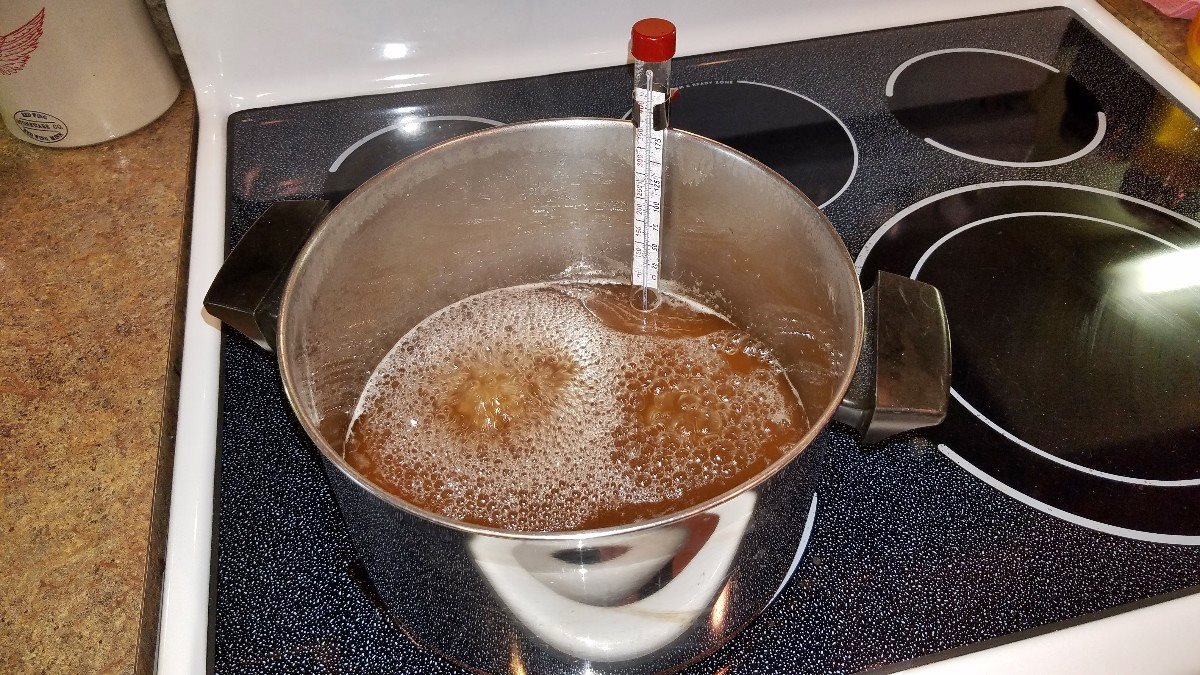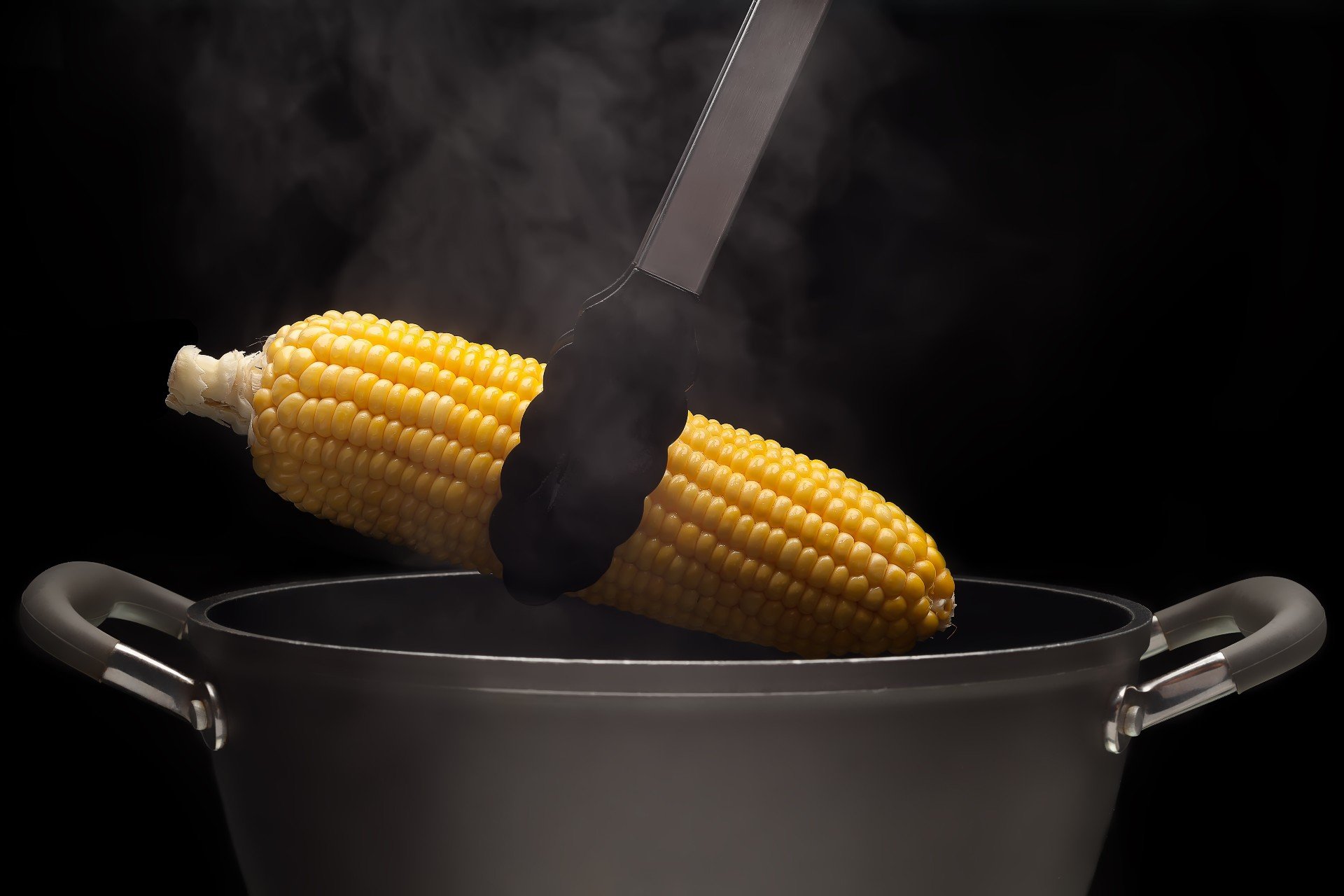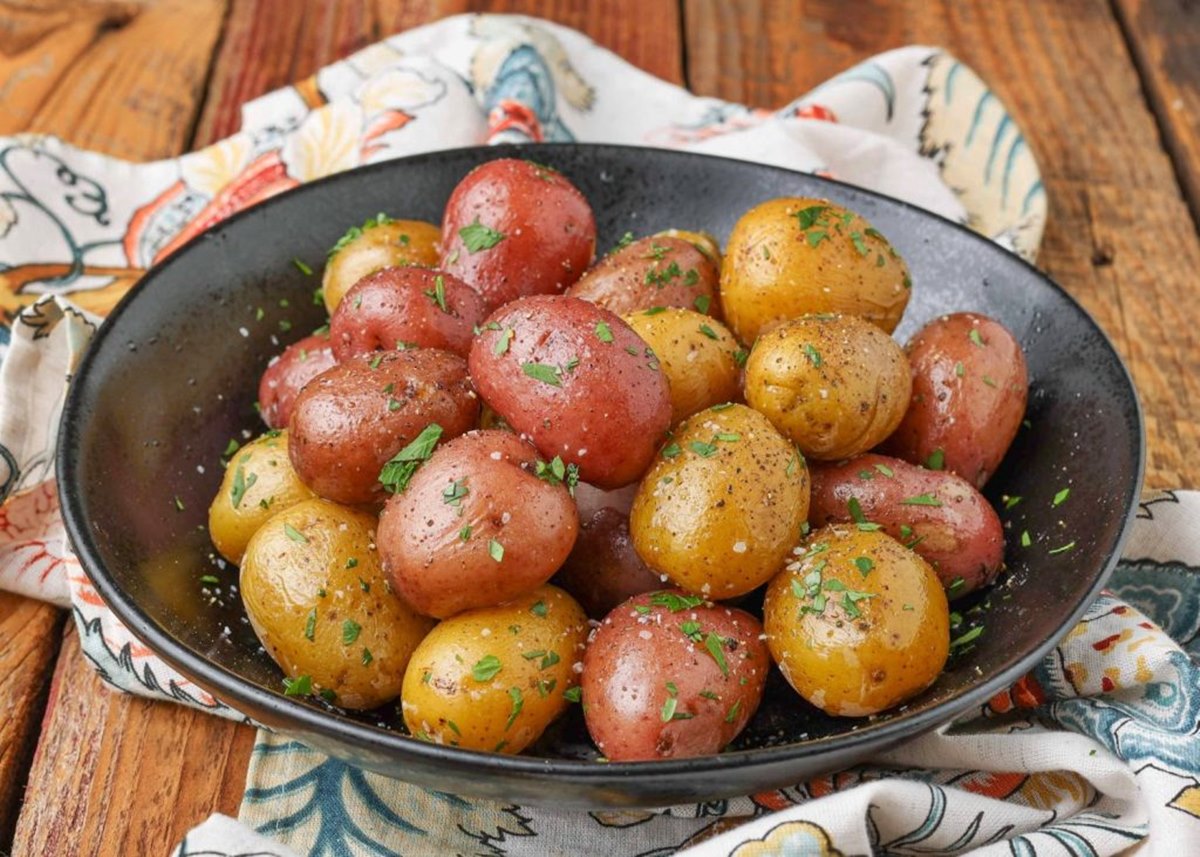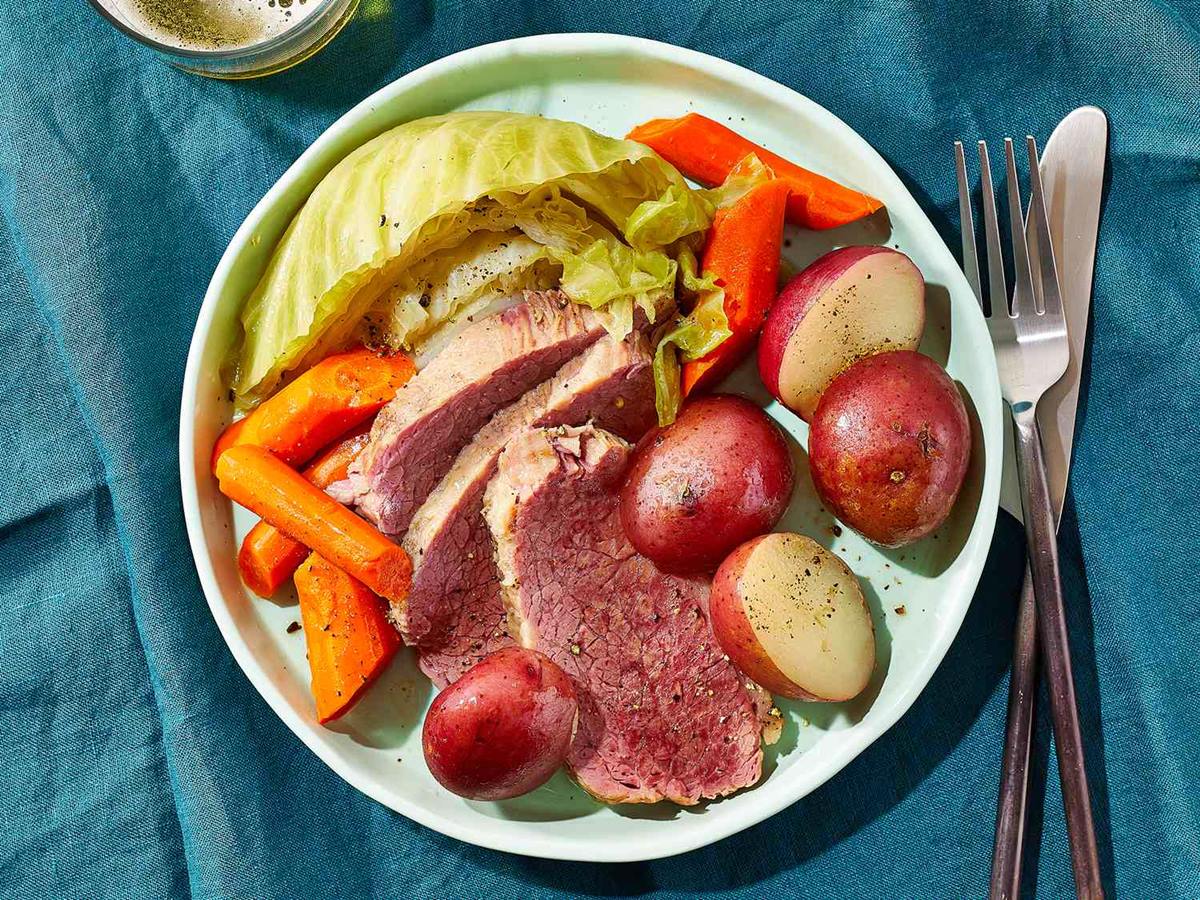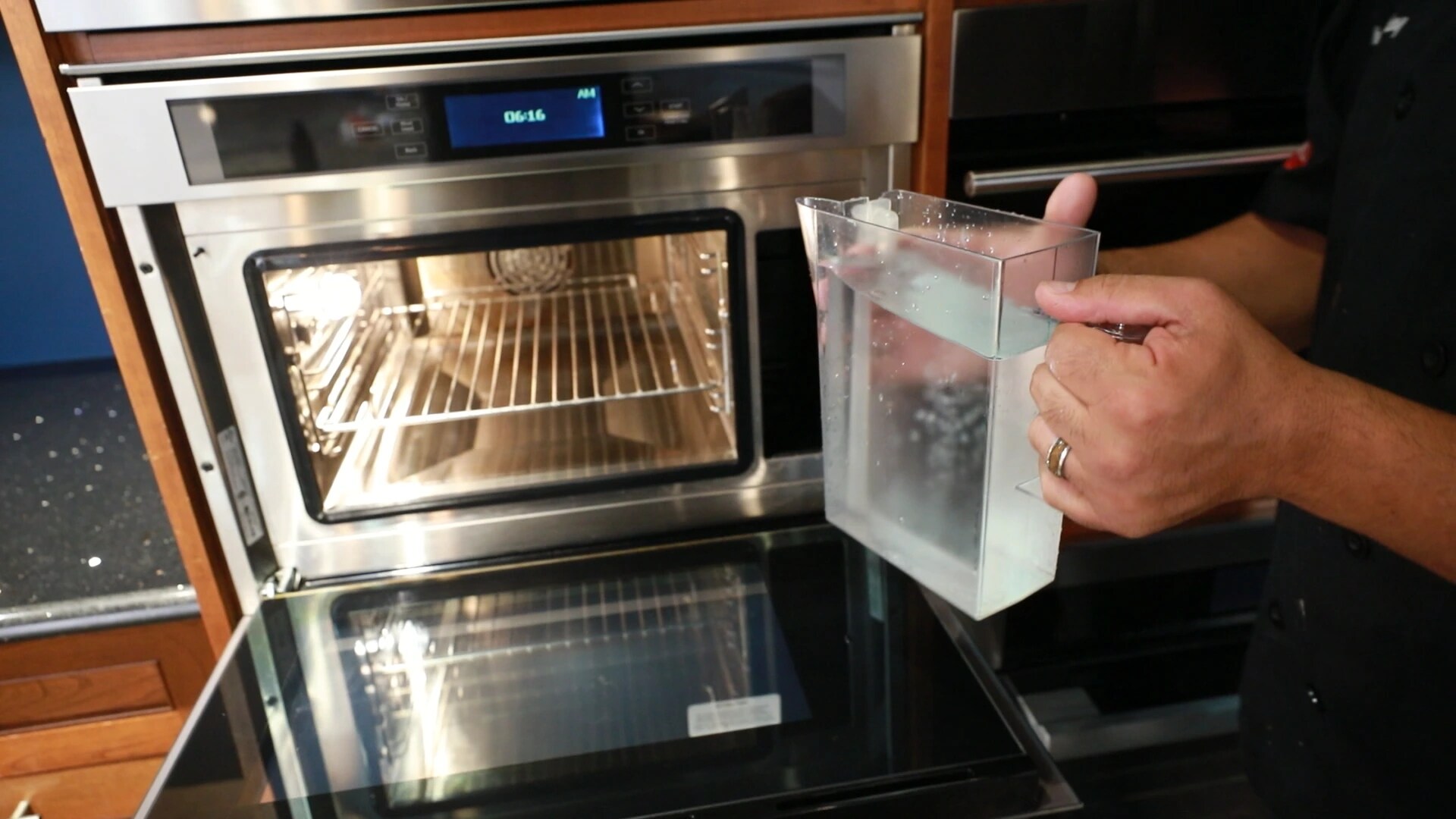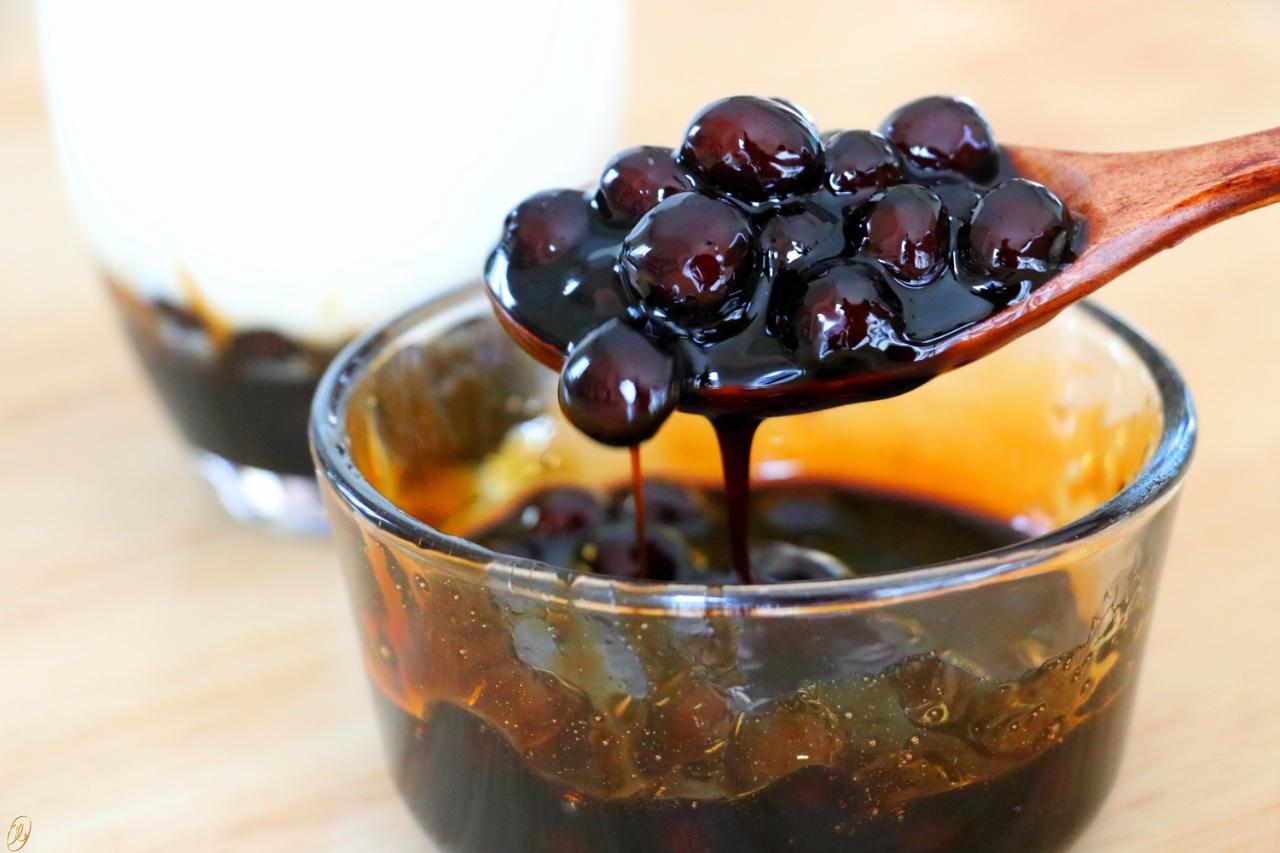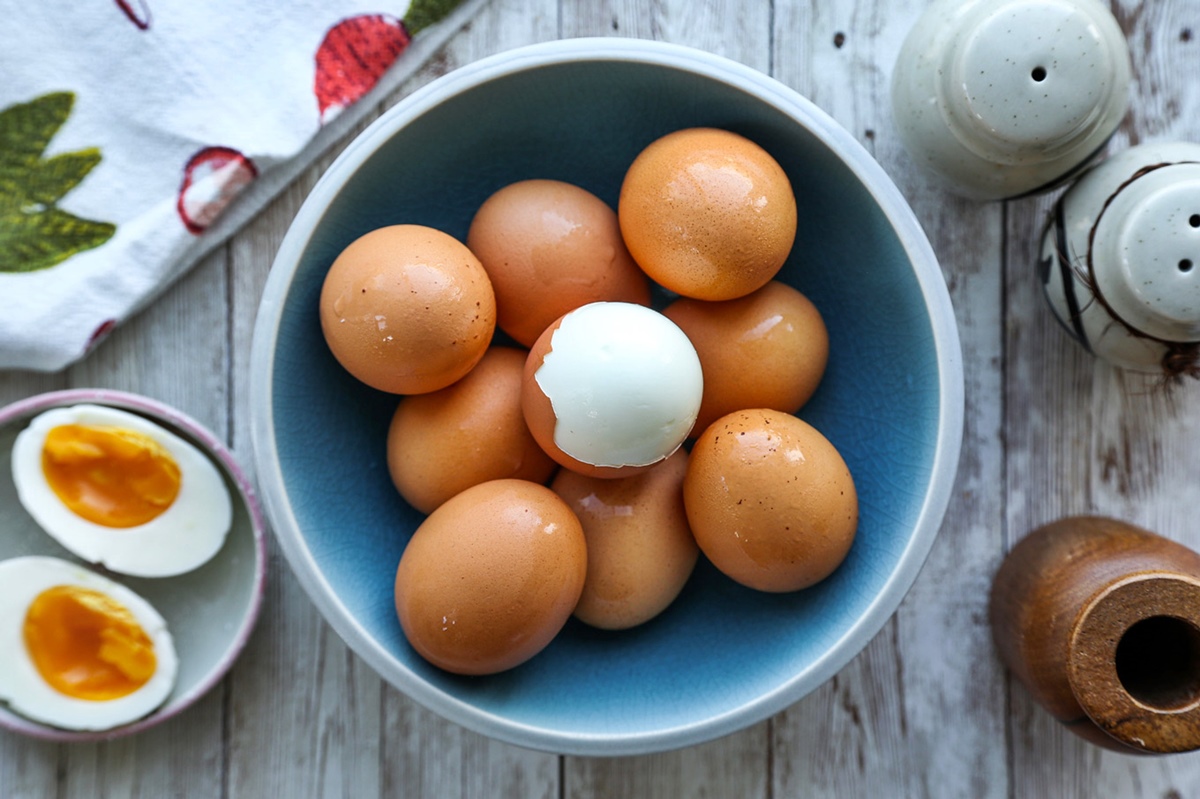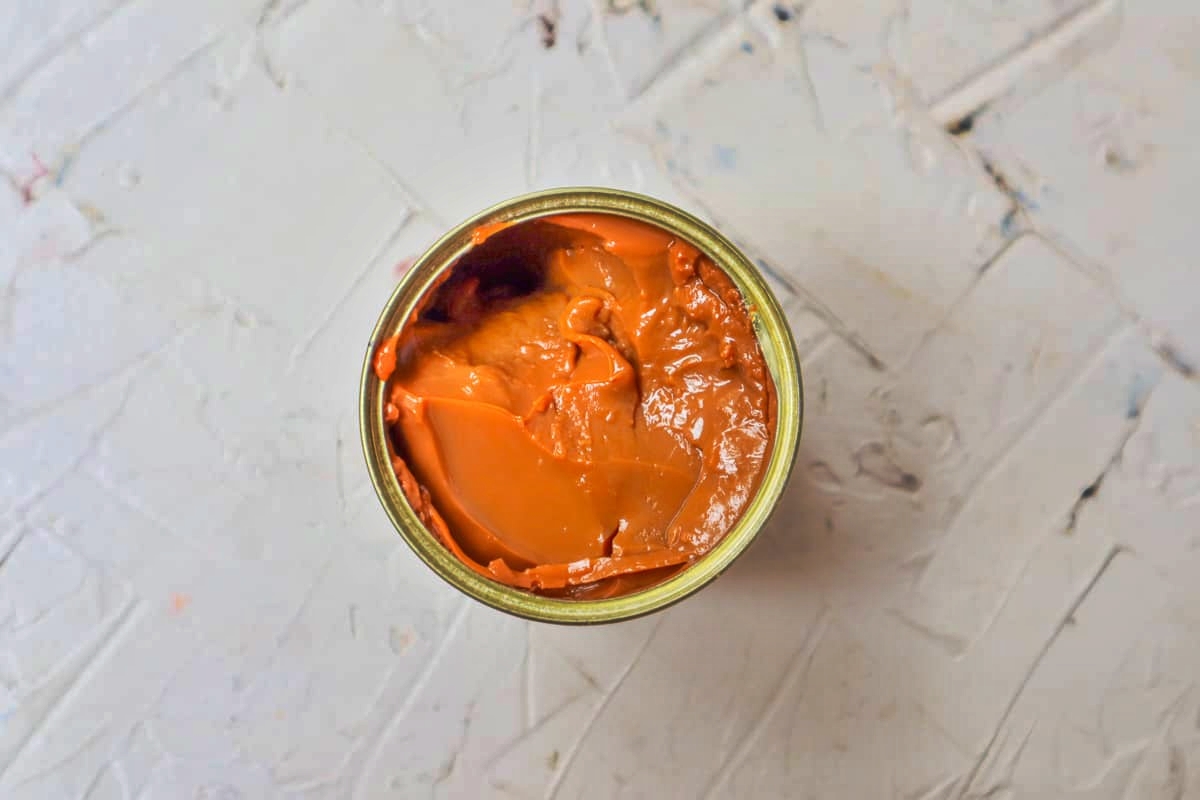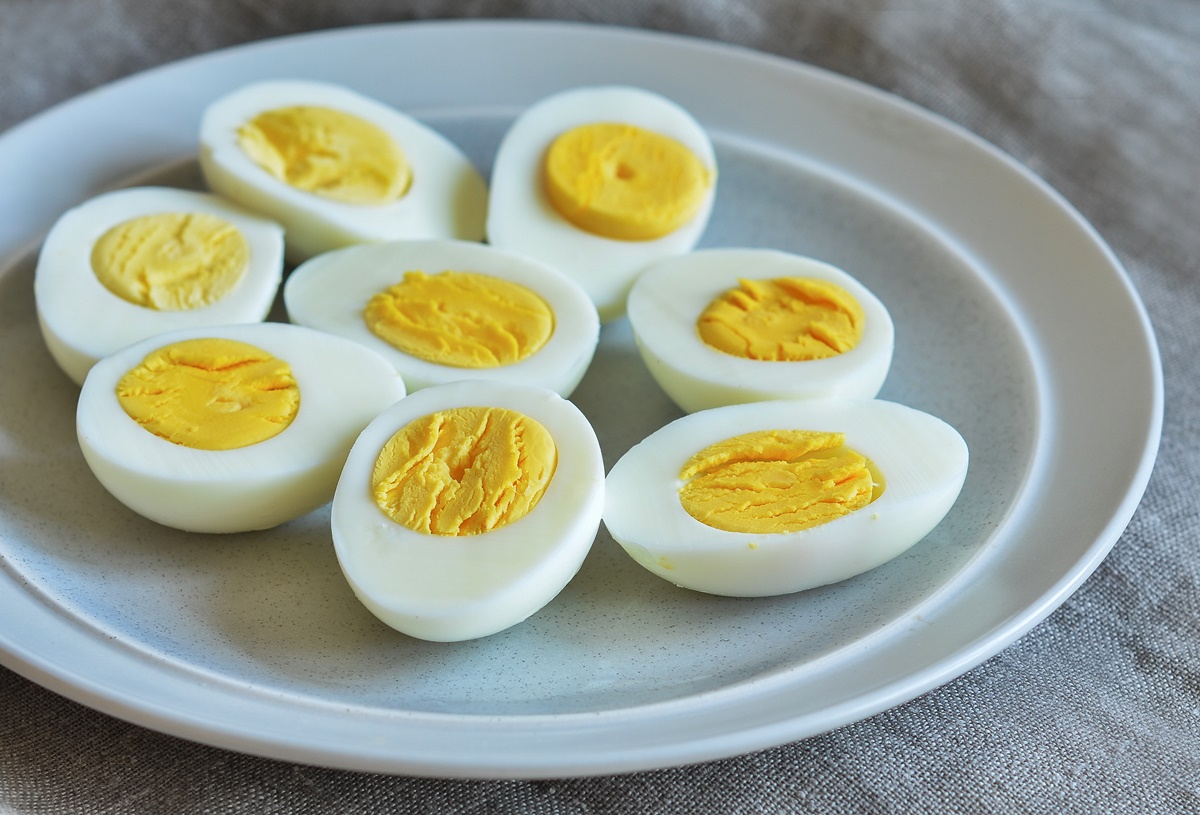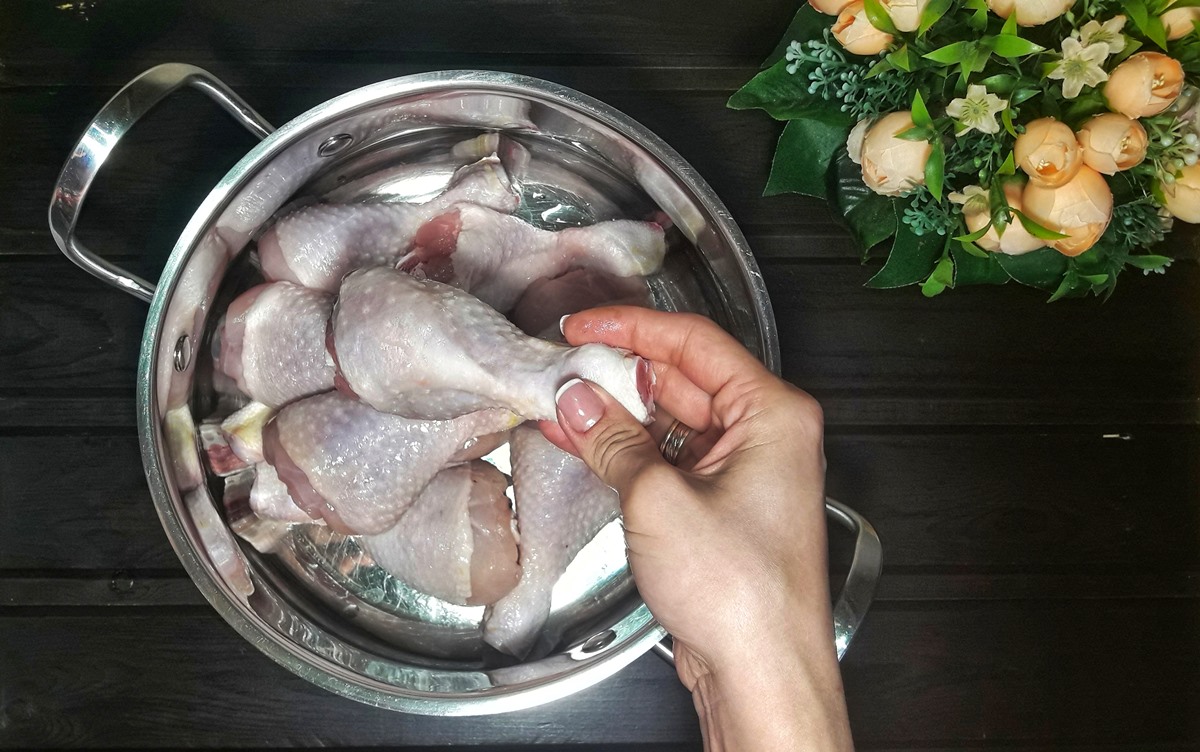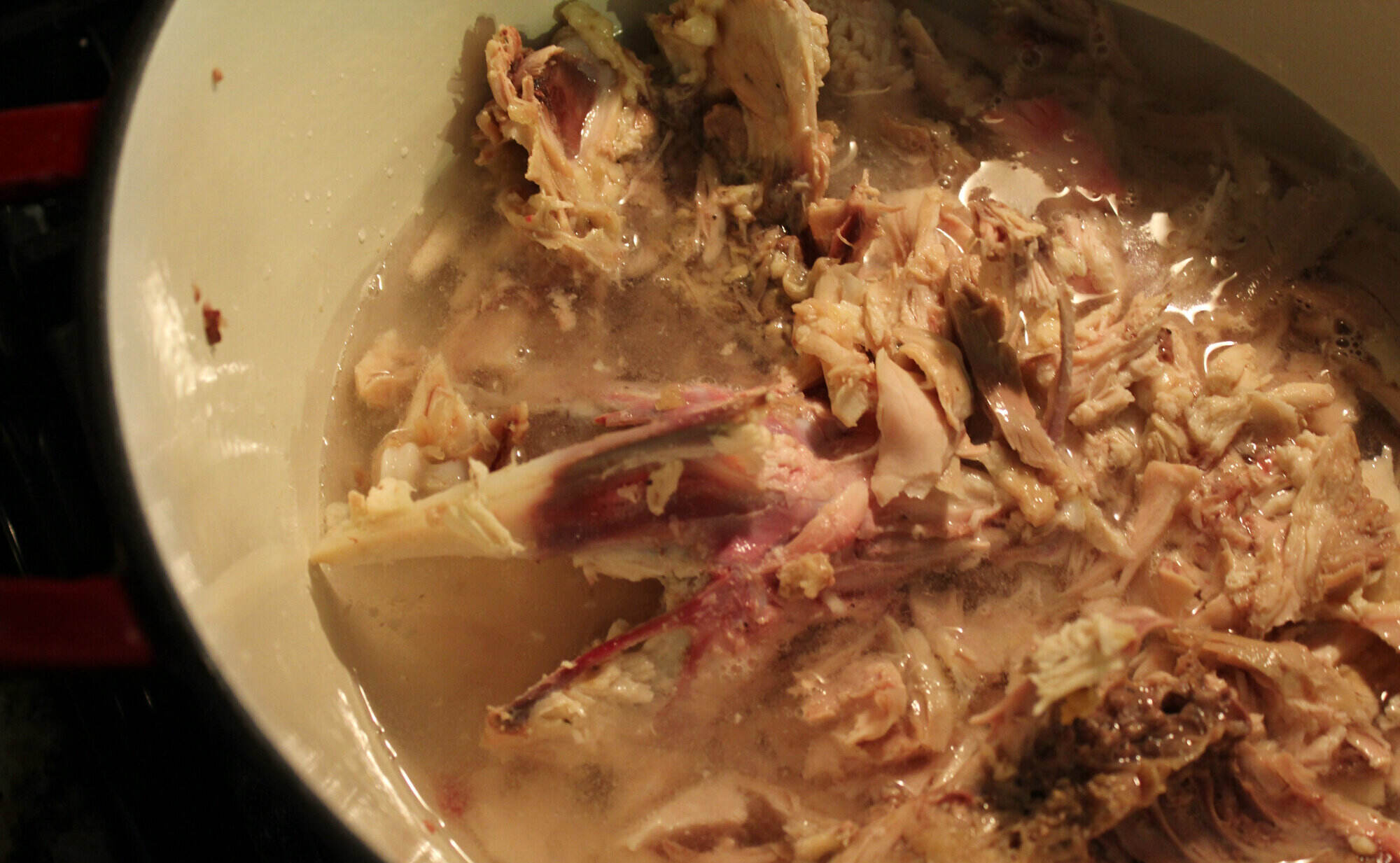Cracking the Code: How to Boil Fresh Eggs for Easy Peeling
There’s nothing quite like a perfectly boiled egg, whether it’s for breakfast, a salad, or a midday snack. But, if you’ve ever struggled with peeling fresh eggs and ended up with a batch of mangled shells and frustration, fear not! We’re here to share some tips and tricks on how to boil fresh eggs for easy peeling.
Why Are Fresh Eggs So Hard to Peel?
Fresh eggs can be a bit tricky to peel because the albumen, or egg white, tends to stick to the inner shell membrane when cooked. As eggs age, they naturally release carbon dioxide, which makes the albumen less acidic and easier to separate from the shell. So, how can we get around this pesky problem? Let’s dive in!
Method 1: The Classic Boil
- Carefully place the fresh eggs into a single layer in a saucepan.
- Add enough water to the pan to cover the eggs by about an inch.
- Put the saucepan on the stovetop and turn the heat to medium-high.
- Once the water starts boiling, set a timer for exactly 8 minutes for medium egss, or 9 minutes for large or extra-large eggs.
- While the eggs are boiling, prepare an ice bath by filling a large bowl with cold water and ice cubes.
- When the timer goes off, carefully transfer the eggs to the ice bath using a slotted spoon.
- Let the eggs sit in the ice bath for at least 5 minutes to cool and stop the cooking process.
- Tap the cooled eggs gently on a hard surface to crack the shell, then roll them between your hands to loosen the shell.
- Peel the eggs under cool running water, starting from the pointed end where the air pocket is located.
Using this classic boiling method, you should find that your fresh eggs are much easier to peel compared to simply boiling them without the ice bath.
Method 2: Steam it Up
- Place a steamer basket or insert in a saucepan and add water until it reaches just below the basket.
- Bring the water to a rolling boil.
- Carefully place the fresh eggs in the steamer basket, making sure they are not stacked on top of each other.
- Reduce the heat to medium and cover the saucepan with a lid.
- Steam the eggs for about 12 minutes for medium eggs, or 13 minutes for large or extra-large eggs.
- Prepare an ice bath while the eggs are steaming by filling a large bowl with cold water and ice cubes.
- Transfer the eggs to the ice bath immediately after steaming and let them cool for at least 5 minutes.
- Follow the same cracking and peeling process as described in Method 1.
Steaming the eggs instead of boiling them can sometimes yield even better results when it comes to easy peeling. The steam gently cooks the eggs without causing excessive stickiness.
Tips and Tricks for Easy Peeling
- Use eggs that are at least a week old, as they tend to peel more easily than extremely fresh eggs.
- Add a splash of vinegar or baking soda to the water to help create an alkaline environment, which can assist in shell removal.
- When peeling, start from the air pocket end as it tends to make the process smoother.
- Gently roll the egg on a hard surface to break up the shell, loosening it before peeling.
- Peel the eggs under cool running water to help wash away any tiny shell fragments.
By following these methods and implementing some handy tips and tricks, you’ll be on your way to boiling fresh eggs that are a breeze to peel. Say goodbye to frustrating peeling experiences and hello to perfectly peeled eggs!
Experiment with different techniques and find what works best for you. Remember, practice makes perfect, and soon enough, you’ll be enjoying beautifully boiled eggs without all the fuss. Happy cooking!
1. Start with older eggs: Eggs that are a week or two old are easier to peel than very fresh eggs. If possible, try to purchase your eggs a few days in advance before boiling them.
2. Add vinegar to the water: Adding a splash of vinegar (about 1 tablespoon per quart of water) to the boiling water can help make the shells easier to peel. The acidity of the vinegar helps to break down the shell’s structure.
3. Use the right amount of water: Make sure there is enough water in the pot to completely cover the eggs by at least an inch. This will help to ensure even cooking and prevent the eggs from cracking.
4. Gently place the eggs in boiling water: To prevent the eggs from cracking, gently lower them into the boiling water using a spoon or tongs. Avoid dropping them in as this can cause the shells to crack.
5. Simmer instead of boiling: Once the eggs are added to the boiling water, reduce the heat to a gentle simmer. Boiling vigorously can cause the eggs to bounce around and potentially crack.
6. Set a timer: For hard-boiled eggs, cook them for about 9-12 minutes, depending on their size. For medium-boiled eggs, aim for 6-8 minutes. Adjust the cooking time based on your preferences.
7. Transfer to an ice bath: After the designated cooking time, immediately transfer the eggs to an ice bath. This will help to stop the cooking process and make the eggs easier to peel.
1. Check the expiration date: Most egg cartons have an expiration date printed on them. This can give you a general idea of the egg’s freshness. However, it’s still a good idea to perform additional checks.
2. Conduct a float test: Fill a bowl with water and gently place the egg in it. Fresh eggs will sink to the bottom and lie horizontally, while older eggs may stand upright or float. The more upright the egg stands or the higher it floats, the less fresh it is.
3. Inspect the shell: Fresh eggs typically have a smooth and unblemished shell. If you notice cracks, stains, or unusual odors, it may indicate that the egg is not fresh.
Keep in mind that these methods are guidelines and not foolproof. When in doubt, it’s best to err on the side of caution and use older eggs for boiling to ensure easy peeling.
– Small eggs (less than 57 grams): Hard-boiled eggs should be cooked for about 8-9 minutes.
– Medium eggs (57-63 grams): Hard-boiled eggs should be cooked for about 9-11 minutes.
– Large eggs (64-70 grams): Hard-boiled eggs should be cooked for about 10-12 minutes.
– Extra-large eggs (71-77 grams): Hard-boiled eggs should be cooked for about 11-13 minutes.
– Jumbo eggs (78 grams or more): Hard-boiled eggs should be cooked for about 12-14 minutes.
These are approximate cooking times, so feel free to adjust based on your preferred level of doneness and the freshness of the eggs.
1. Stops the cooking process: Placing the eggs in an ice bath immediately halts the cooking process. This prevents the eggs from becoming overcooked and ensures the desired texture and doneness.
2. Facilitates easy peeling: Rapidly cooling the eggs in an ice bath causes the egg whites to contract slightly, creating a gap between the egg white and the shell. This separation makes the eggs easier to peel, resulting in smooth and intact boiled eggs.
3. Prevents discoloration: The ice bath helps prevent the development of a greenish-gray ring around the yolk, known as the “ferrous sulfide reaction.” This reaction occurs when eggs are overcooked, and the iron from the yolk reacts with sulfur in the egg white.
To create an ice bath, fill a large bowl or basin with cold water and add ice cubes. Once the eggs are done cooking, carefully transfer them to the ice bath and let them sit for about 5 minutes before peeling.
1. Steam the eggs: Instead of boiling, you can steam the eggs for approximately 12-14 minutes. Steaming can make the eggs easier to peel and may yield similar results to boiling.
2. Instant Pot method: If you own an Instant Pot or similar pressure cooker, you can try the “5-5-5” method. Place the eggs on a trivet, add a cup of water, and cook on high pressure for 5 minutes. Afterward, allow for a 5-minute natural release, followed by an ice bath for 5 minutes.
3. Baking soda trick: Adding a teaspoon of baking soda to the boiling water can help increase the pH level and make the shells easier to peel. This method works well for some people but may not guarantee success every time.
4. Use older eggs: If time allows, consider purchasing eggs a few days in advance and storing them in the refrigerator. As mentioned earlier, older eggs tend to be easier to peel than very fresh ones.
Remember that each method may yield slightly different results, and it’s a matter of personal preference. Feel free to experiment and find the method that works best for you.
Was this page helpful?
Read Next: How To Boil Lobster Tails At Home
